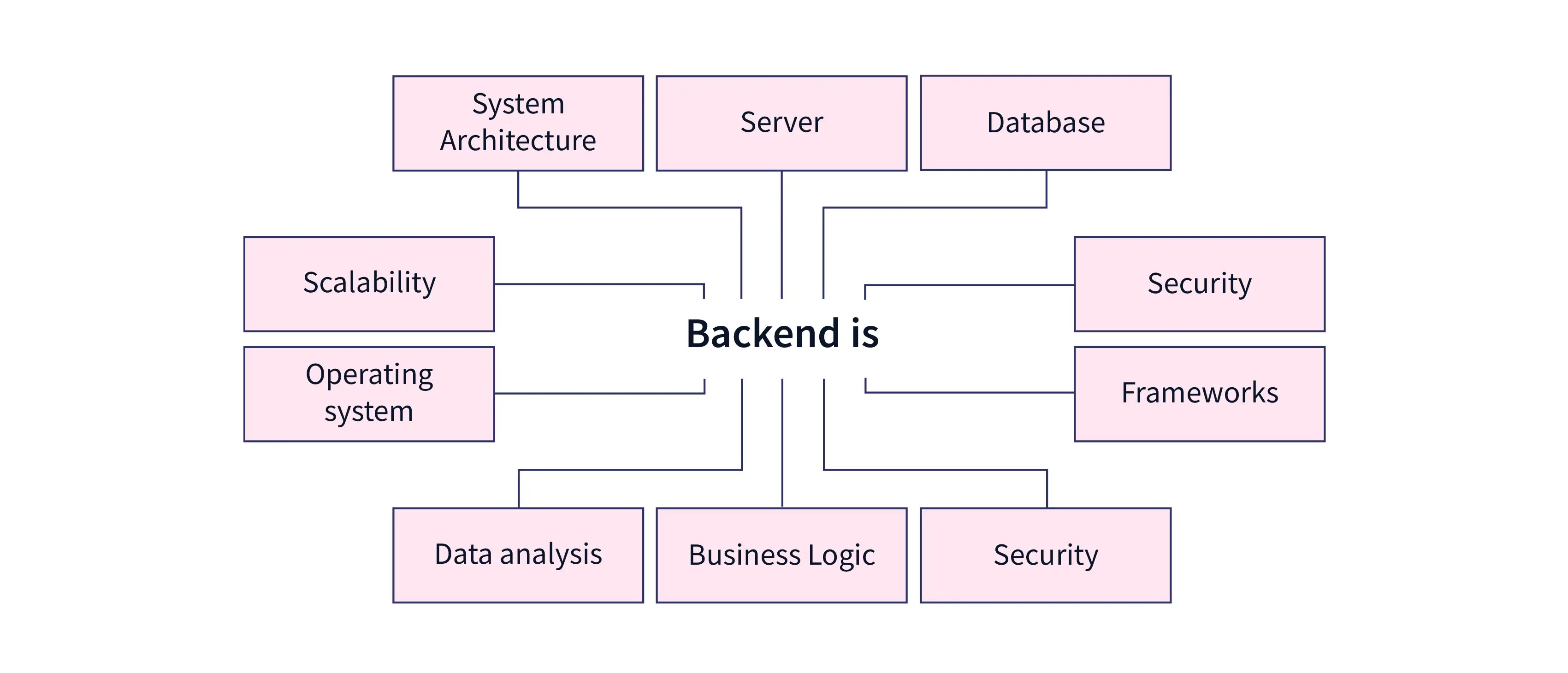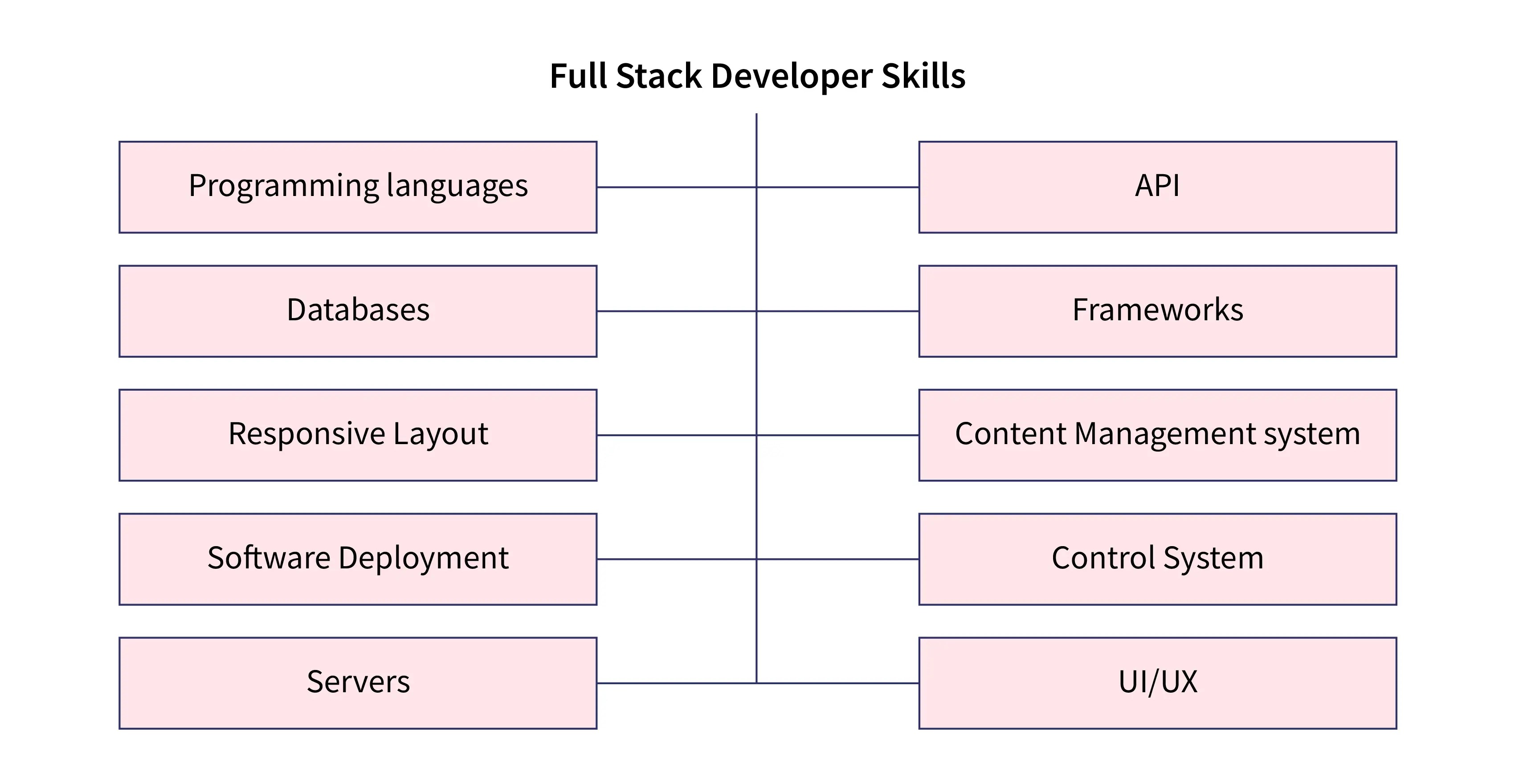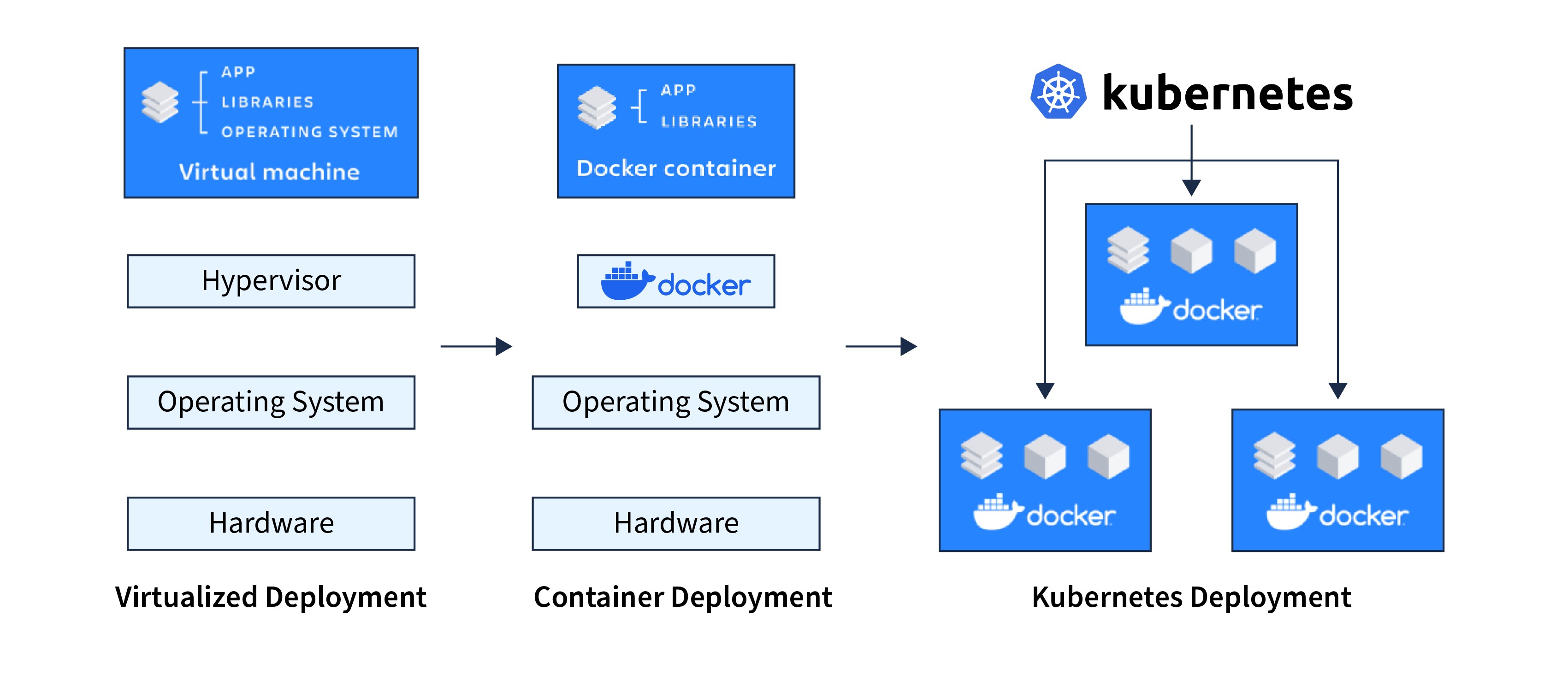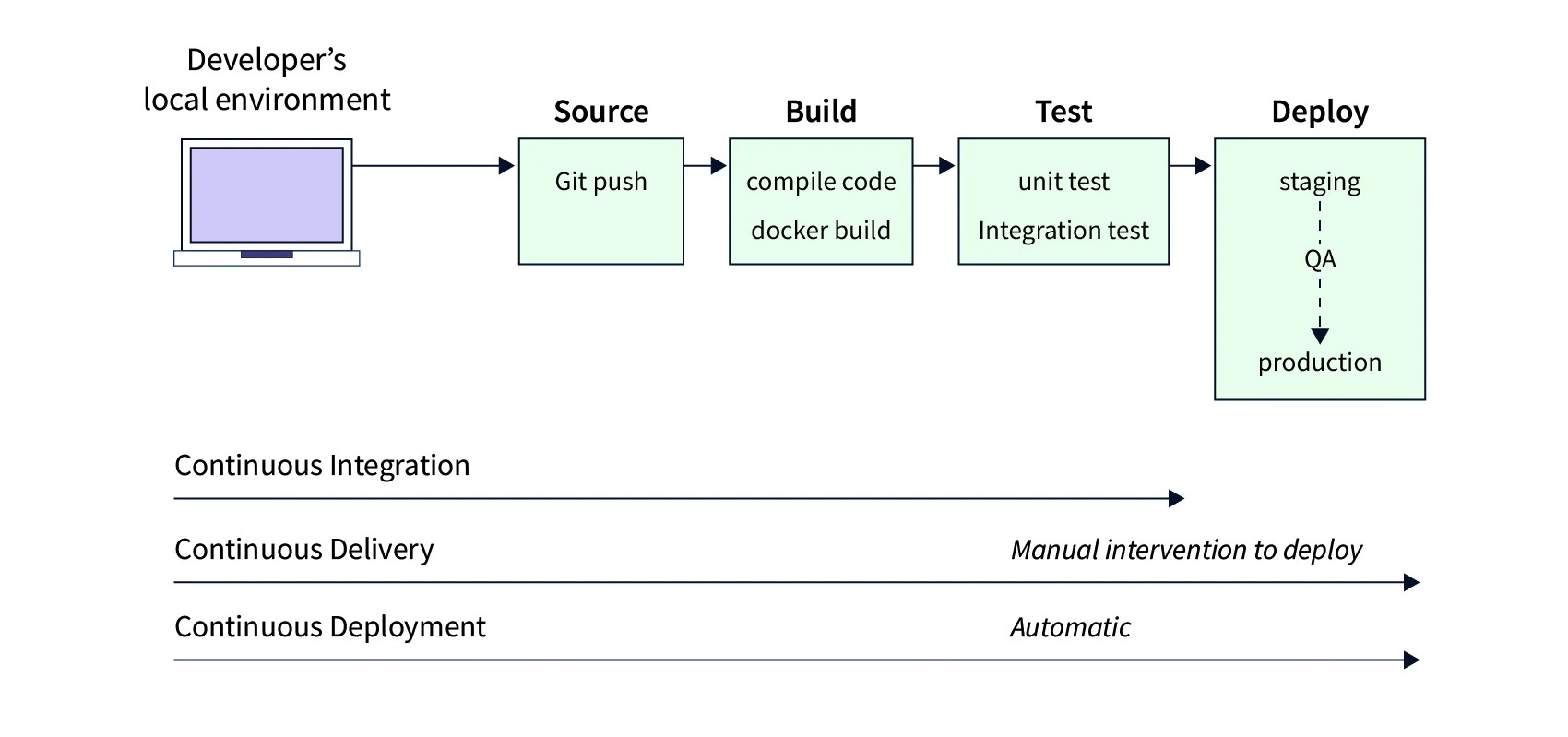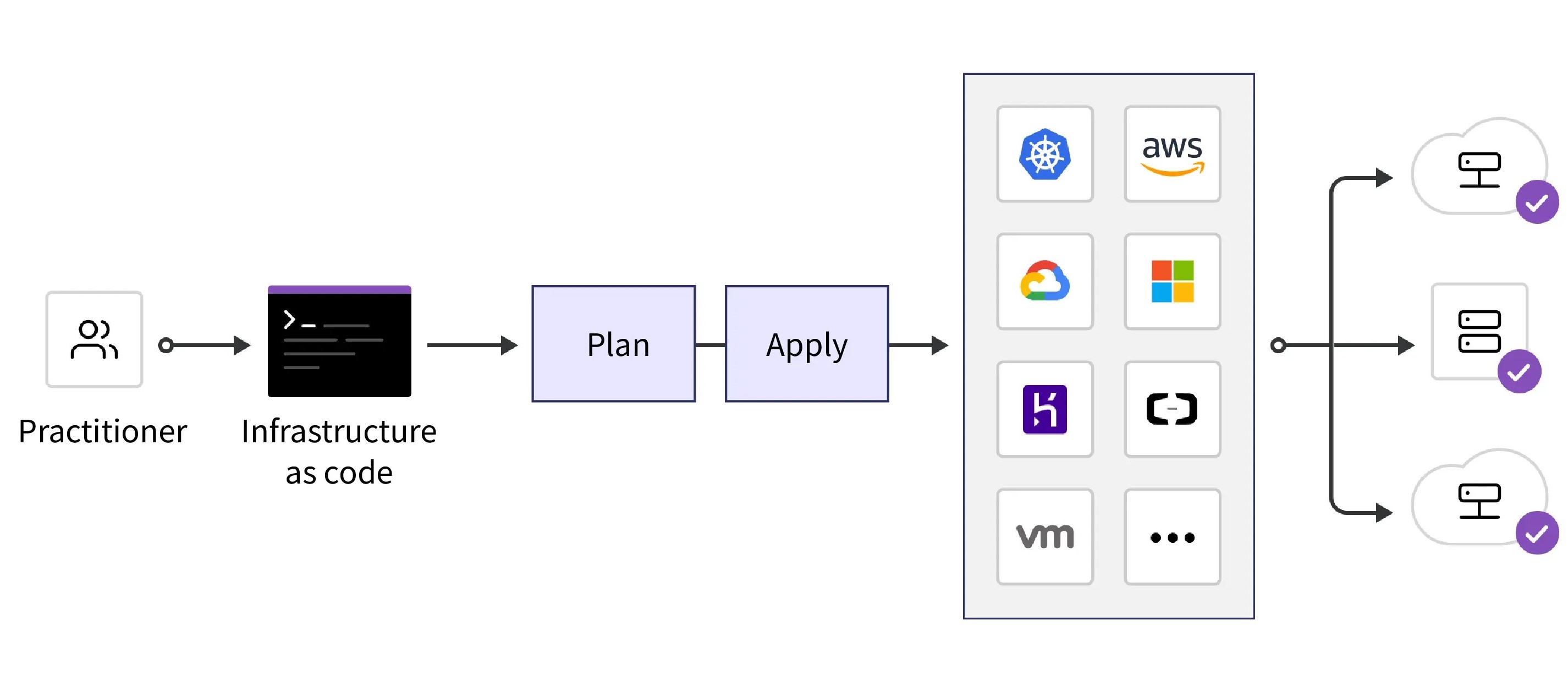The Fingerprint Infrastructure Transition project, in collaboration with Universitas Merdeka Malang, modernized the fingerprint authentication system by migrating from a legacy Windows 7-based server to a highly scalable and automated Docker Swarm cluster. This transformation enhanced system reliability, security, and deployment efficiency through the adoption of modern DevSecOps principles.
The transition involved implementing a robust CI/CD pipeline to automate software delivery and infrastructure management. Docker was used for containerization, ensuring consistency across environments, while Portainer provided an intuitive interface for managing Docker containers and services. The fingerprint management software was developed using FastAPI, a lightweight Python framework, offering a flexible and efficient backend solution.
To orchestrate the containerized services, Docker Swarm was deployed, enabling seamless management and scaling of fingerprint processing services. GitLab CI/CD was integrated to automate the build, testing, and deployment workflows, ensuring a streamlined and error-free release process. Security was reinforced with Trivy for container vulnerability scanning, mitigating potential risks at the infrastructure level.
Additionally, Nginx Proxy Manager was configured for SSL termination and secure reverse proxying, ensuring safe and efficient communication between services within the infrastructure.
This transition has revolutionized fingerprint infrastructure management, replacing outdated legacy servers with a scalable, secure, and automated containerized environment.
With this modernized setup, the project now benefits from an automated deployment pipeline, enhanced security, and improved manageability of fingerprint services through container orchestration and centralized monitoring.

